The sweet tradition of early morning reading in the month of God’s feast+film
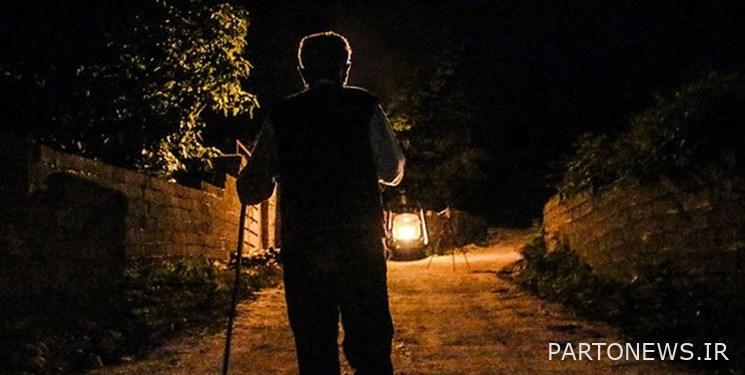
Fars news agency – music group: The people of each region have their own special customs and traditions that they inherited from their ancestors. These customs form a part of the identity of that region and make up the identity of a country as a whole.
* The need to preserve ancient rituals
Although some customs and traditions are forgotten after a period of time, efforts should be made to preserve and pass them on to future generations. Of course, among these there are rituals that are tied to the religious beliefs and rituals of the people of Iran, and this is the reason for their permanence and they will never disappear.
*Sahrkhani is a sign of the value and importance of Ramadan
A look at the traditions and religion of people in all ethnic groups and regions reminds us of the existence of a beautiful tradition, a tradition that shows the value and importance of Ramadan for the people of Iran. This is the common ritual of welcoming the holy month, which is held in different cultures in various forms and names from Sistan to Mazandaran, Kashan, Bushehr and Khorasan.
Sahar reading is one of the ancient rituals and customs of the Iranian people in the holy month of Ramadan. Of course, according to the vastness of Iran, religious rituals and customs in the country differ from each other according to the history of cities and villages.
*Wake up sweetly with the sound of dawn
Sahr reading in the month of Ramadan is as follows: one hour before the morning call to prayer, the person who recites the morning prayer moves through the streets along with a person carrying a lamp and a drummer, singing praises and inviting people to prepare for the morning ritual and perform the morning prayer. The lamplighter is responsible for lighting and the drummer is also responsible for playing the drum and waking up the people. But this ceremony is different in different cities and villages, and most of the time the Sahr chanter sings the Sahr alone and wakes up the people who are preparing for a sweet dawn and a sweeter feast of the Lord.
* Spell reading and good reading
Sahar singers are good-voiced people who wake up before dawn and by going to the roof of their houses or walking in the alleys and passages with a lamp in hand by reading local and religious poems, inform the people of cities and villages about the arrival of dawn. and sometimes they knock on the doors of the houses so that the villagers don’t stay asleep and wake up for dawn.
* The negative effect of mass communication tools on ancient rituals with the function of informing
Sahari reading is a common ritual among people in most regions, which of course has been forgotten due to the introduction of communication equipment and mass communication tools and modern media have had a negative impact on the function of ancient rituals with the function of informing. Nevertheless, some areas continue to establish this interesting tradition, and parts of the north of the country, especially the mountainous parts of Mazandaran and Gilan, Sistan, Kashan, Khorasan and many other provinces, and often in rural areas, from this point of view, the singing of dawn is still going on. . Still, according to the traditions of the ancients, some of the local people two hours before the morning call to prayer, by holding a lamp and playing the drum and singing religious poems and chanting “Sahr Berekhiz”, “Sahr Berekhiz when the morning has come true”, from the arrival of dawn. report.
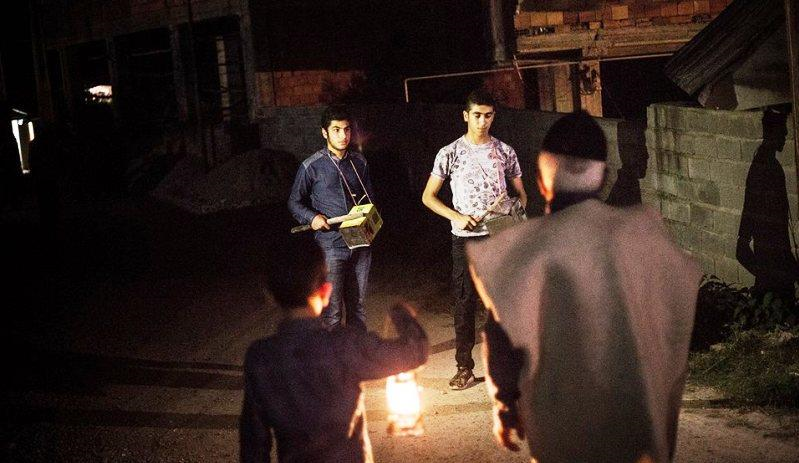
*Sahr chanting and ghazal chanting in Naat of the Messenger of God/ The night of your ascension passed through the heavens
Predawn prayer is usually associated with praying, chanting prayers, singing quatrains, couplets, and four-verses, which, for example,
O Messenger of Hashemi Shah Savar Madani/ Bulbul Makka wa Bataha Seyed Yasmani/ I am astonished by your beauty/ Allah, what beauty is in wonder/ The servant has become your burden, Gabriel Amin/ The best lover has become you, Owais Qarni/ Nakhel Bostan, Madina Zeto It is green all the time/ the fame of Shirin Ratobi has been folded/ the night of your ascension passed from the heavens/ no prophet has gone to the place you have gone/ which is usually singing ghazals in the Naat of the Messenger of God and chanting prayers is the secret and need to God’s door.
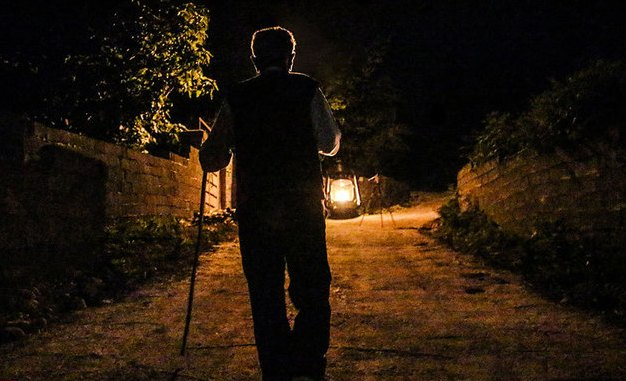
Dawn reading is one of the most important and long-lasting traditions of Iranians, and in this ritual, elders go to the top of the highest area of the village one hour before the morning call to prayer and wake people up by reading religious and mystical poems.
Undoubtedly, early morning singing is one of the pure and old traditions of the people in the month of Divine Mercy, which can still be heard in the villages calling the fasting people to the divine feast.
* From waking up the kings to “Sahoori reading” of Ramadan
“Hoshang Javid” says about the ritual of reading dawn in Ramadan in some regions of Iran: In the past, in some regions of Iran where religious beliefs were stronger, they considered waking people up at dawn as a reward, and for this reason, they found a solution, and that is reading dawn. Of course, over time, Sahar singers used vocal art to wake people up peacefully. The roots of reading dawn go back to the pre-Islamic era, this method was specific to the Iranian court. The king was the first person to wake up and sing to wake up the servants and at the same time preserve his personality. After Islam, this court custom became popular because of the month of Ramadan and to wake up the people in the dawn of the month of Ramadan. Sahori Khoani” is formed and at the same time Sahor poetry grows in our literature, and these poems are called “Sahori Saraei”. Most Iranian poets, from Rumi and Hafez to Khaqani and Nizami, have Sahor poems that are read even in the present century. .
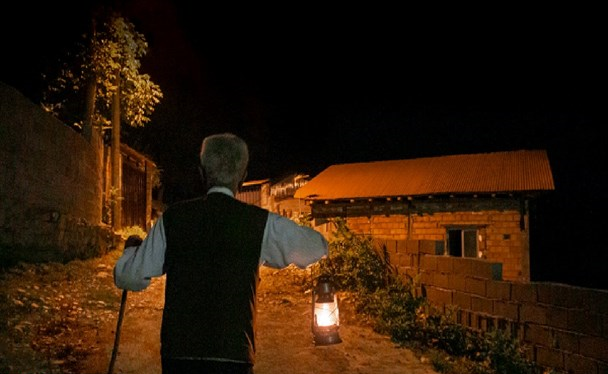
*Sahrkhani from Arabic words to Persian poetry
The researcher of regional and religious music of Iran stated that the dawn songs were not rhymed in the beginning and stated: At the beginning, the words “Allah Akbar”, “La Elah Eli Allah” and… were used in the dawn chant. From the second century of Hijri, when the movement to return to the Persian language began, poets began to write poems that the morning singers would sing. Besides this ritual, there was also a custom in Iran, which announced the calendar of the next month at the beginning of the month of the court, and the moon gong was played. was beaten In Shahnameh, Ferdowsi mentions this playing on the moon and after this, they also use the playing for the dawn of Ramadan.
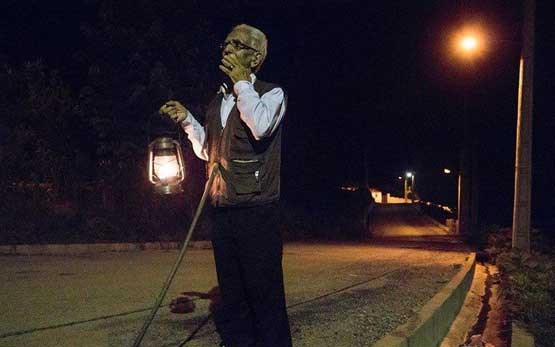
Hasan Khatam Kalam, that the great poets of Iran had a special devotion to the holy month of Ramadan, as Lasan al-Ghaib says:
O heart, pour today’s pleasure into tomorrow
The criticism of survival that will be guaranteed
The month of Sha’ban is from the cup of the sun
From the point of view, it will be Ramadan by the night of Eid…
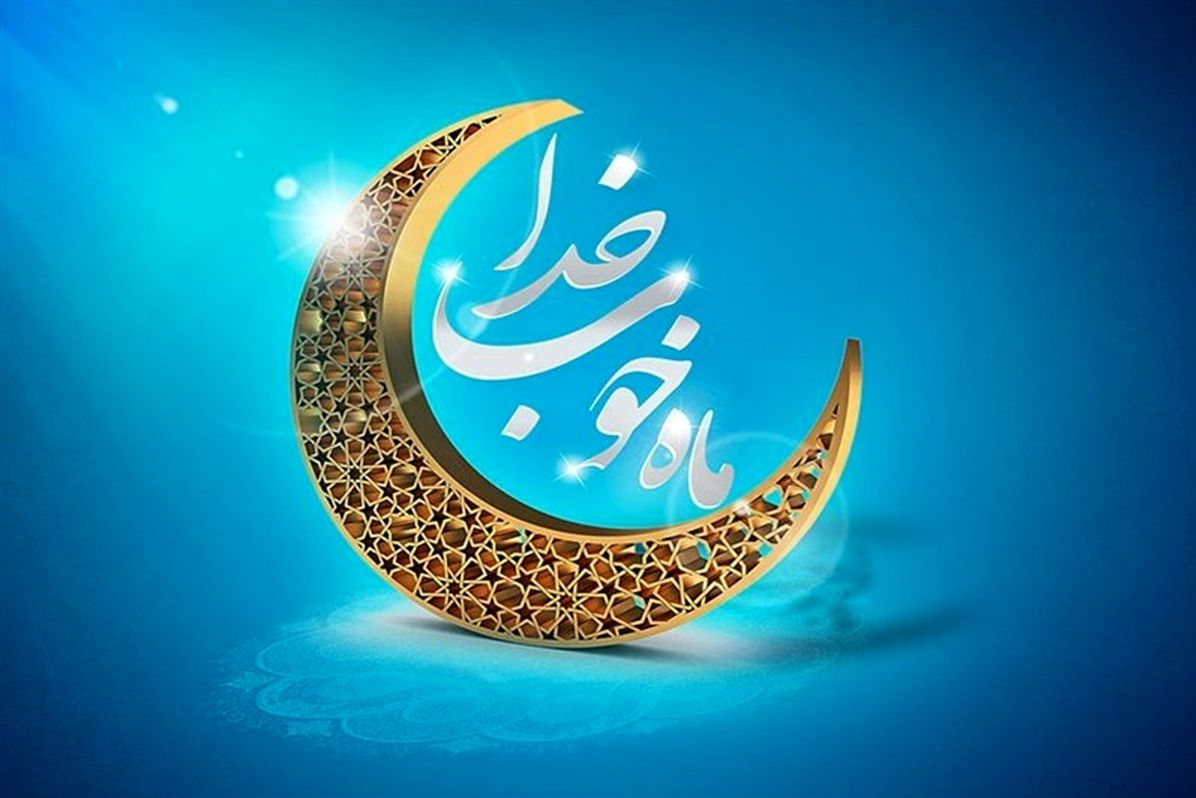
end of message/
You can edit this article
Suggest this article for the first page

